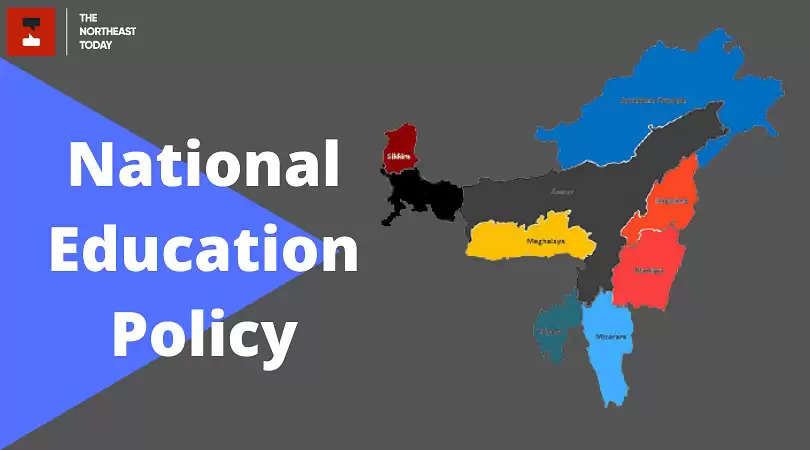EDITORIAL | Can the National Education Policy break through the glass ceiling in Northeast India?

FROM THE EDITOR’S DESK:
The Ministry of Education is looking at ways to implement the National Educational Policy as India is a country with the highest number of young population and is on the road towards digital freedom.
According to the Annual Status of Education Report (ASER) 2020, Wave-1 (Rural) reflected that the percentage of enrolled children from government and private schools who own smartphones has increased from 36.5 per cent in 2018 to 61.8 per cent in 2020.
A lot of this has to do with the COVID-19 pandemic. To mitigate the effect of the pandemic, Rs 818.17 crore was allotted to states and union territories to promote digital online learning and Rs 267.86 crore for online training for teachers under the Samagra Shiksha Scheme.
ALSO READ:
Also Read: Meghalaya: Broom traders allege illegal collection by GHADC members
Diksha programmes have been an impetus to some teachers who would go the extra mile, but for others, it is just another day at the office.
In a state like Meghalaya and North-East India, teachers do not teach just a particular section (middle-class school) as they are also engaged with the secondary and higher secondary thanks to a shortage of teachers.
Much of this has to do with the school management, which makes most of the decisions.
Union Minister Jitendra Singh, on Thursday, said that the APJ Abdul Kalam Study Centre at IIM-Shillong, which is supported by the Ministry of Development of North-Eastern Region (DoNER), would help implement the new National Education Policy (NEP) in the Northeast.
This is a breath of fresh air because a top-notch think tank will study and look into the various problems and issues to shape education in that way.
ALSO READ:
Also Read: Congress organises ‘Hunkar’ rally against unemployment in Tripura
It is as clear as day that many students coming from the rural fringes of the country would have to slog it out to be on an equal footing with their urban counterparts.
We should never forget that education is the driving force towards an independent and robust society as education would free the shackles of inequality, racial prejudices and caste divide.
Some leverage towards this aspect is that Union Minister of Education Ramesh Pokhriyal called for Artificial Intelligence and Machine Learning technology for imparting studies in mother language (tongue) in higher education.
The alignment of the Ministry of Education and state education departments should be to bring out the best of the students in both urban and rural areas and to introduce them to a world of opportunity.
ALSO WATCH:

















